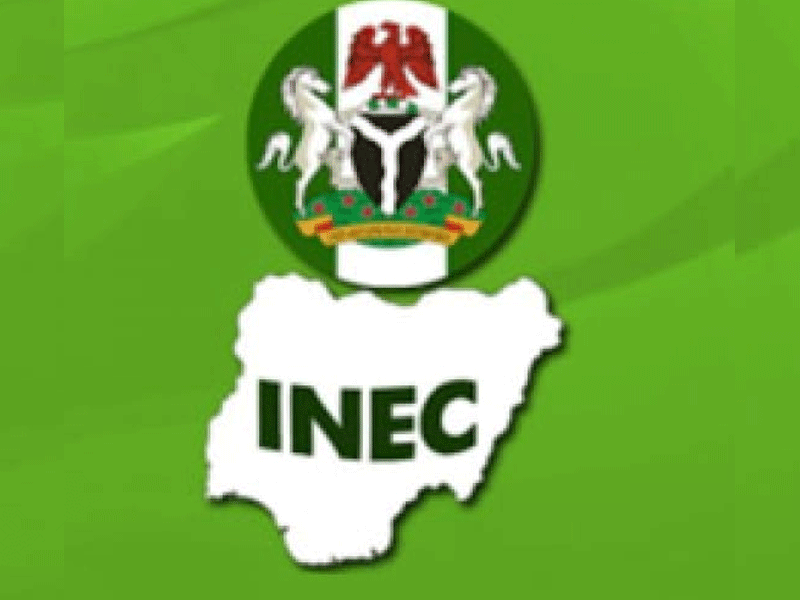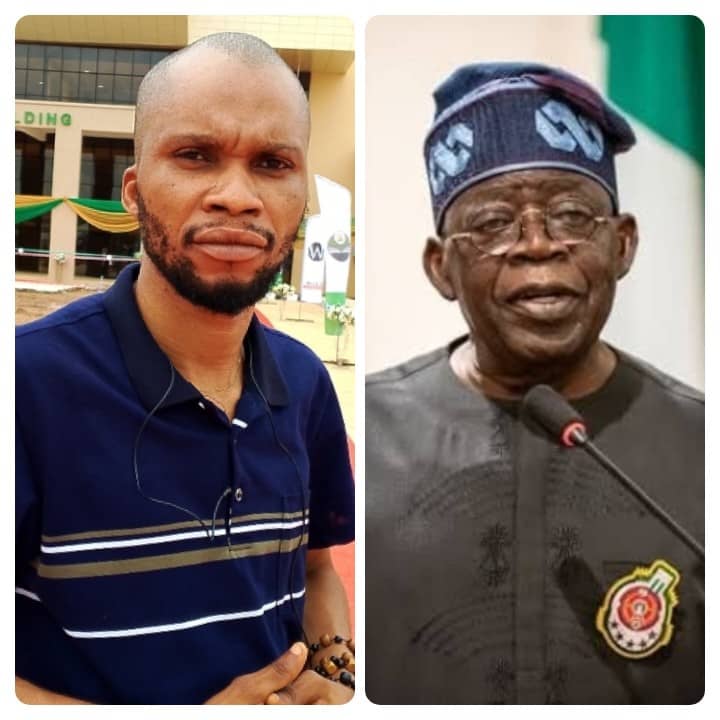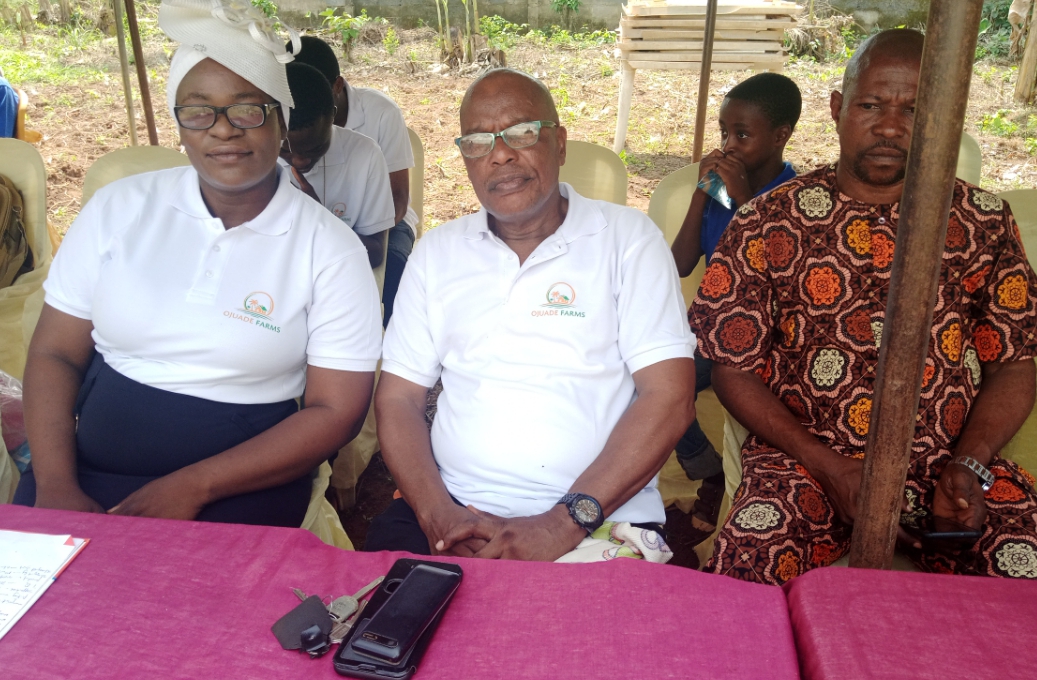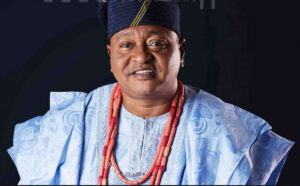Osun Governorship Election and INEC Integrity Question, By Baba-Danlami Maidabara
Integrity has been variously defined by different scholars, depending on the issue or subject in focus. But for the purpose of this piece, I shall be relying on this definition: “the quality of being honest and having strong moral principles”.
The Independent National Electoral Commission, INEC, Chairman, Prof. Mahmood Yakubu, has, over the years, struggled to maintain his integrity, particularly a few years into his appointment. He started with inconclusive elections. But before the end of his first tenure, he overcame the struggle as most Nigerians began to hail him as he put an end to inconclusive elections.
Gradually, he began to give the Commission another identity. Most Nigerians became endeared to him and the Commission he leads. This was why when he insisted he wanted electronic transmission of results and electronic accreditation of voters, most Nigerians supported the move. Today, the rest, as they say, is history.
But recent happenings in Osun, especially after the governorship election in the State, are raising fresh concerns, and unless Prof. Mahmood Yakubu treads with caution, the situation may erode all the positives he had been able to record in the last few years.
As an institution, INEC has tried. But there are certain individuals within the institution who have refused to adapt to the Commission’s positive transformation. Therefore, INEC chairman must not soil his name in an attempt to defend what is obviously a fraudulent human manouvering to favour one party against the other in Osun. You may want to ask how I arrived at this conclusion. This is how.
BVAS was used in Anambra, Ekiti and Osun elections. But hackers from Asia only attempted to hack INEC’s portal during that of Osun and Ekiti. Thank God they did not succeed. However, how come INEC chairman is just telling us that? Or did he just realise that?
Could that also be responsible for the issuance of two contradictory BVAS reports by INEC? I am already smelling a rat. I hope I will be proved wrong in the end.
For the benefit of first time readers, after the July 16 Osun Governorship, INEC declared PDP’s Ademola Adeleke winner, crediting him with about 28, 000 margin of win ahead of APC’s Adegboyega Oyetola.
The final result was declared on Sunday, July 17. By Monday, July 18, 2022, the Osun APC and its candidate, Oyetola, applied for the Certified True Copies (CTC) of the BVAS Report for the election. The reason being that the July 16 election was conducted on the basis of Bimodal Voter Accreditation System, BVAS.
After they made the necessary payments, INEC, on July 29, 2022, which is about two weeks after the election, issued the CTC of the BVAS Report to APC and Oyetola.
From media reports, the parties after studying the BVAS report, discovered that the number of those accredited to vote did not tally with the results as declared by INEC, and by August 10, 2022, APC and Oyetola served INEC their petitions challenging results in over 700 polling units across 10 local governments on the basis of alleged over-voting in those polling units.
Realising the descripancies between figures recorded as accredited votes on the form EC8A ( result sheet) and the BVAS Report, INEC allegedly tampered with the contents of the original BVAS report apparently to defend at all cost, the Certificate of Return it issued to Ademola Adeleke. This forced it to issue another fresh CTC of BVAS to Adeleke and PDP, claiming that the one earlier issued to the APC and Oyetola was incomplete and unsynchronised. But Adeleke was declared winner on the basis of the BVAS report issued to APC and Oyetola.
The questions which APC and Oyetola are asking and which the Tribunal is expected to help resolve are: Why did INEC declare a winner when its record was untidy and not yet synchronized? Why did INEC, on 20th July, issue the Certificate of Return to the candidate of the PDP when BVAS report, upon which the election was declared conclusive, was unsynchronised?
Already, Oyetola and APC, in their response to INEC’s defence, are of the view that the claim of the electoral body regarding non-syncronisation of BVAS Report, is an afterthought, aimed at cover-up.
Going by Oyetola and APC’s petitions before the Tribunal, they want the results from the over 700 polling units being challenged to be cancelled. Here, we are talking about 173,655 votes. The reason for this prayer, according to the petitions is that voters were not validly accredited as stipulated by the extant laws. And if the prayer is granted, Oyetola will top the table with 314,723 votes as against the 375, 027 votes earlier entered for him by INEC, whereas Adeleke of the PDP will be left with 290,213 votes as against 403,371 entered for him by INEC.
Curiously, when APC and Oyetola petitions became public knowledge, PDP and their sympathisers in Osun went to town with the cry that INEC server was hacked by the APC. INEC did not say a word until yesterday, Friday, September 9, 2022, when its chairman claimed an attempt was made to hack the portal. For me, I found it difficult to believe this latest narrative. This is why I want Prof. Yakubu to please tread with caution not to soil his name. Was the attempt to hack the INEC portal also responsible for the issuance of two conflicting BVAS reports by the Commission?
While the verdict of the Tribunal is being awaited, let me hasten to add that the Northern Patriotic Front, NPF, one of the INEC accredited Civil Society Organisations that monitored and observed the Osun Governorship Election, faulted the late night voting witnessed in Ede South and Ede North, just as the group urged the electoral umpire to investigate the matter with a view to forestalling future occurrence.
It also noted that security was relaxed in some parts of Ede, saying, “Between Sekona roundabout and Edunabon, there were neither checking points nor patrol of any security personnel in that axis.”
In the 18-page report signed by its Administrative Secretary, Rasheed Shuaib, a copy of which has been submitted to INEC, the CSO also observed that there was vote buying in some of the polling units its members visited. It, therefore, urged Nigerians not to leave the fight against vote buying to CSOs and the anti-graft agencies alone. It added that all hands must on deck to eradicate the menace.
It further said: “In some of the polling units, there were separate queues of male and female. Two BVAS were deployed to some of the polling units visited with less than 800 registered voters, while in some other polling units with the same number of registered voters, one BVAS was deployed.
“According to the electoral guideline, the official close of voting at polling units is 2:30pm. In most of the polling units visited and as reported by the NPF observers, voting was concluded at various polling units across the State by 2:30pm in accordance with the 2022 electoral law as amended.
“However, this was not followed in some of the polling units in Ede axis where voting was still going on till around 9:00pm. This is clearly against the provision of the Electoral Act. This anomaly was also reported by some other observer groups’ analyses in the media.
“The conduct of election in Ede South and Ede North should be investigated to assist the Commission in preventing admitting voters to queue after the stipulated time,” the group had said.
I also recalled watching Ismail Omipidan, spokesperson of Governor Adegboyega Oyetola, who is the candidate of the All Progressives Congress, APC, on TV during an interview on Channels Television, the day Adeleke was declared Governor-elect, speak on the late-night voting witnessed in the two local government areas under reference.
Is there anything INEC is still not telling Nigerians on 2022 Osun election?
I started my piece talking about integrity. I will end it with these words from Eric Thomas, an American motivational speaker:“I realised the secret to success is finishing! And not just finishing, but finishing strong!”
Maidabara writes from Kaduna















Post Comment